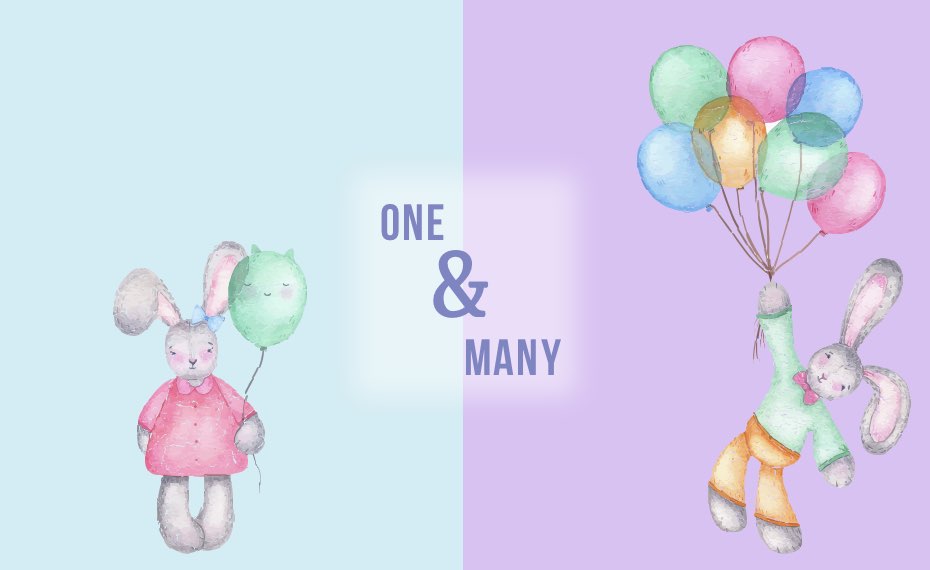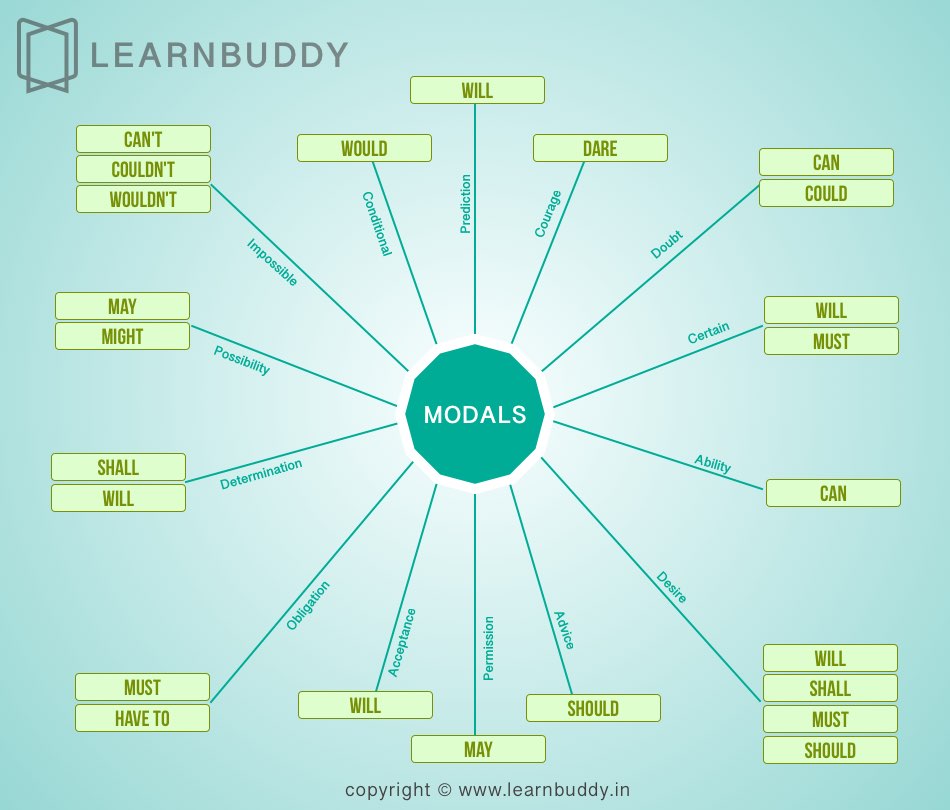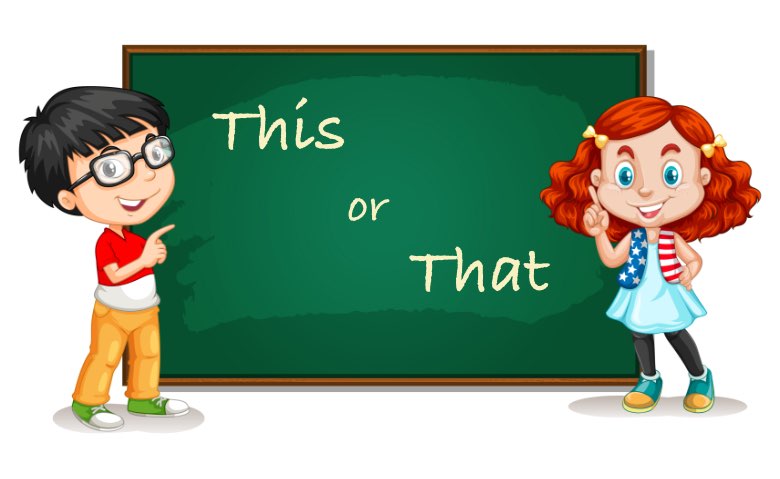Social-emotional development is a very important part of the growing up years of children. It forms an integral part of their overall development. Studies suggest that social-emotional development takes place gradually starting from the early childhood days. Therefore, parents have a crucial role in the development of social-emotional skills in children. Before we look at ways in which parents can play a part in their child’s social-emotional development, let’s understand what is social-emotional development and how does it help our children. What is Social-Emotional Development? To understand social-emotional development for children, it is important to understand the relation between emotional intelligence and social skills and behaviour. Understanding Emotional Intelligence When emotions run high, people do and say things they normally would not. Children may do likewise. It is noteworthy that children have the ability to feel, understand and express emotions from a young age. It probably starts when they are…
Comments closedBeyond Academics Posts
Plurals Practice Worksheets for Class 1
Plural nouns are words generally used to denote a quantity other than the default quantity (Singular). Typically default quantity is one (or a singular number) person, animal, place, thing, or idea. The difference between singular (one) and plural (many) nouns is simple. Below are some of the examples of singular and plural nouns to help you recognize plural nouns when you see them. Where a singular noun ends in a sibilant sound he plural is formed by adding ‘-es’ suffix to the word. For example- Watch (Watches), Bus (Buses) When the singular form ends in a voiceless consonant the plural is formed by adding ‘-s‘ suffix to the word. For example – Van (Cans), Pot (Pots) Singular nouns ending in ‘O’ preceded by a consonant, the plural (in most cases) is formed by adding ‘-es‘ suffix to the word. For Example – Photo 9Photos), piano (Pianos) If the noun ends in a vocalic…
Comments closedModals Practice Worksheets for Class 1
Help your child practice English grammar with free downloadable “Modals practice worksheets” for “Class 1” students. What are Modals? Modals or modal verbs are special verbs which behave irregularly in English. They do not sound like normal verbs for e.g. “eat, write, work, play, visit etc.”. Modal verbs give additional information about the function of the main verb that follows it. for e.g. Function Modal Used Predictability Will Courage Dare Doubt Can, Could Certainity Will, Must Ability Can Desire Will, Shall, Must, Should Advice Should Permission May Acceptance Will Obligation Must, Have to Determination Shall, Will Possibility May, Might, Can’t, Couldn’t, Wouldn’t Condition Would Download the above chart as an infographic How to download worksheets? Individual English worksheets – Right-click on any worksheet and choose the option to save on your computer. All the English worksheets with answers as a high-quality PDF file – Click the link at the end of each…
Comments closed‘This That’ Practice Worksheets for Class 1
Help your child practice usage of ‘This or That’ with free downloadable English worksheets for class 1 students. Scroll down for “This That worksheets for class 1 students”. You can either Individual English worksheets – Right-click on any worksheet and choose the option to save on your computer. All the English worksheets with answers as a high-quality PDF file – Click the link at the end of each section. Download printable ‘This That english practice worksheet for class 1’ with answers [PDF File] You may also want to Download printable English worksheets for Class 1 (Noun, Verb, Pronoun) Download printable English worksheets for Class 1 (Adverbs, Articles, Modals) Download printable English worksheets for Class 1 (Conjunctions, Punctuation, Opposites)
Comments closed10 Easy and Fun Science Experiments for Young Learners
Is science an extension of our everyday world or an integral part? From our daily activities to the gadgets we can’t keep our hands off – everything has an application of science. Consequently, science forms a natural part of the growing up years for our children. Science helps them understand the why and how of even the simple things that they come across. It is important for children to develop an interest in science from an early age. The best way to spark their interest in science is to perform simple science experiments with them and introduce science concepts. How to Develop Your Child’s Interest in Science? You don’t really have to teach your child science, they learn it themselves by observing, asking questions and conducting experiments. All you have to do is to connect science to their daily life. Children are curious. They love exploring things. However, you just…
Comments closed



